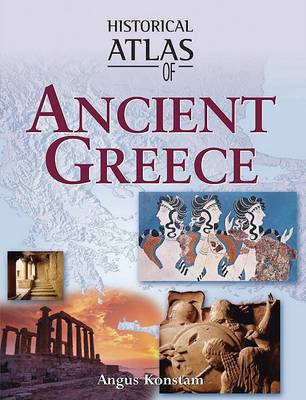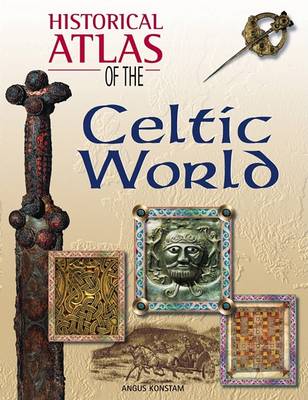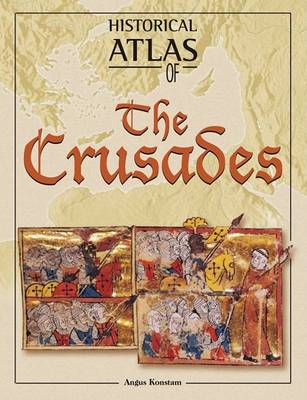Historical Atlas
3 total works
From the Bronze Age and Mycenaean culture to the final collapse of ancient Greek civilization, the history of the Greek world with its language, culture, political systems, philosophy, art and architecture has fascinated countless generations. From the acts of citizen soldiers who safeguarded Greek civilization when it was threatened by the Persians to the Greek writers, poets, architects, politicians, and philosophers on whose foundations Western culture has been built, the Greek influence endures. Even their mythology, which relates everything from the origins of the gods to the heroic exploits of Greek warriors, and the ruins of their once thriving, cosmopolitan cities continue to captivate the imaginations of students, scholars, and general readers of all ages. Lavishly illustrated, with specially designed maps that complement the text and highlight the evolution of the civilization, "Historical Atlas of Ancient Greece" traces the entire historical, cultural, and political progress of the Greeks. In clear and eloquent prose, all aspects of Greek culture are covered in this refreshingly informative, single-volume survey of the Greek world.
Coverage includes: Mycenae and the Homeric Period; the Grecian Dark Ages; Greek Mythology; the rise of the City States; the Persian War; the Greek Heroic Age; Greek against Greek - the Peloponnesian War; Philip of Macedon; Alexander the Great; the Greek Successor States; the Coming of the Romans; Greece as a Roman Province; Greece Resurgent - the Roman and Byzantine Empires; and, the glory that was Greece: the Archaeological Legacy.
Coverage includes: Mycenae and the Homeric Period; the Grecian Dark Ages; Greek Mythology; the rise of the City States; the Persian War; the Greek Heroic Age; Greek against Greek - the Peloponnesian War; Philip of Macedon; Alexander the Great; the Greek Successor States; the Coming of the Romans; Greece as a Roman Province; Greece Resurgent - the Roman and Byzantine Empires; and, the glory that was Greece: the Archaeological Legacy.
A survey of the history and culture of the Celtic world, emphasizing its relevance today. Text, illustrations and maps detail Celtic expansion and decline; religion and art, including metalwork, sculpture and manuscript illumination; and the culture's impact on the Western world.
In November 1095, Pope Urban II called on Christian rulers and European knights to drive the Muslims from the Holy Land and reclaim Jerusalem for Christendom. The resulting wars lasted for more than three centuries and their effects are still felt in the 21st century, as conflicts between Christians and Muslims continue to flare throughout the world. This atlas chronicles this turning point in European history. Containing evidence from discoveries and research, the book examines the causes, developments, and people who fought for their faith and themselves. Historical accounts are accompanied by specially-commissioned maps and illustrations to provide a rich tapestry of this Medieval era.


